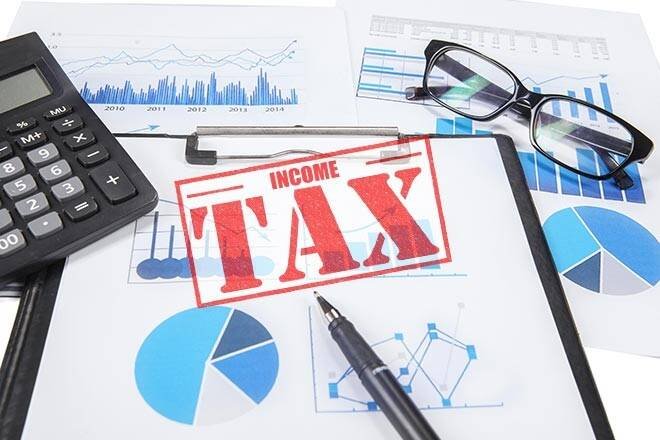
News and Updates
Consequences if you don’t file your ITR before due date.
An Income Tax Return (ITR) is a form used to file information about one’s income, deductions, exemptions and taxes payable on their taxable income to the Income Tax Department. Consequently, filing ITR is mandatory to claim tax deductions under section 80C, 80D, etc and other eligible exemptions like long term capital gains exemptions, which may eventually bring one’s taxable income to zero. The tax liability of a taxpayer is calculated based on his or her income.
The pre-requisite conditions as to who needs to file ITR are as follows:
a) Anybody who is less than 60 years of age and has an annual income more than Rs. 2.5 lakh has to file ITR, as per the Income Tax Act.
b) For senior citizens, the cut-off is Rs.3 lakh, and for those who are more than 80 years of age, the cut off for them is Rs.5 lakh.
Compliance to the deadlines of filing ITR shelves various benefits; for instance:
i) It helps to avoid penalties:
If there is a delay by a taxpayer in ITR filing then he or she shall be liable to pay late ITR filing fees of Rs. 5,000 if tax return is filed after the deadline but on or before December 31st of the relevant assessment year and a fine of Rs. 10,000 would be levied if tax return is filed after December 31st but before the end of the relevant assessment year.
ii) ITR receipt is taken to be serving as an important document:
As they become a relevant proof of one’s income and payment of taxes. The receipt contains details like your income and income from other sources.
iii) ITR receipt facilitates easy bank-loan approval:
ITR receipt predominantly is taken to be an authentic document by lender’s in figuring out and supporting an individual’s income.
iv) Facilitates quick Visa processing:
Furnishing ITR receipt is a must to fulfil a visa application.
v) Compensate losses in the next financial year:
A noticeable aspect to be taken into consideration is that an individual cannot carry forward losses of the current financial year to the next financial year until an ITR is filed within the due date. Therefore, it is important to file income tax return on time in order to claim the losses in future years.
In addendum,to the above mentioned categorical benefits arising out of timely filing of ITR, there are also several consequences and drawbacks, lest an individual fails to comply to the deadline as prescribed. The deadline to file income tax return (ITR) for the Assessment Year 2019-20, is August 31st. For instance; if a person files his return after the midnight of the due date then he shall be liable to pay a sum of Rs. 10,000 as a late fee, however if the income is below the taxable limit then the person is not liable for a late fee even after he files after the deadline.
Apart from the penalty that would be levied by the IT Department, a taxpayer would be entitled to the following consequences:
a) Difficulty to set off losses:
Losses incurred (other than house property loss) are not allowed to be carried forward to subsequent years. One cannot set off these losses against future gains if the return has not been filed within the due date. However, if there are losses under house property, carry forward losses is permissible.
b) Interest would be levied on the delay of filing return:
Apart from the penalty for late filing, interest under section 234A at 1% per month or part thereof will be charged till the date of payment of taxes. It is important to note that ITR cannot be filed unless taxes are paid. The calculation of the interest will start from the date falling immediately after the due date i.e. 31 August 2019 for AY 2019-20.
c) There would be delayed refunds:
Lest an individual is entitled to receive a refund from the government for excess taxes that he might have paid, he must have filed the returns before the due date to receive his refund at the earliest.
d) Subject to penalities:
An income taxpayer would be liable to pay late ITR filing fees of Rs. 10,000.
Lastly, if a taxpayer misses the due date to file his return, then he can file a belated return. A belated return can be filed either by the end of the relevant assessment year or before the completion of the assessment, whichever is earlier. For the current AY, a belated return can be filed any time before 31st march 2020 if the assessee fails to file his return on or before August 2019.




Comments
Leave a Reply
Your email address will not be published.